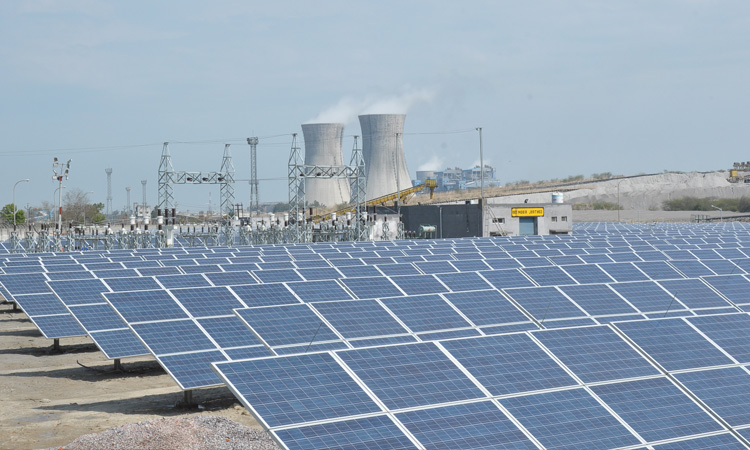The profile analysis of distribution companies (discoms) as counterparties has gained prominence in revenue risk analysis, according to Fitch Group company India Ratings and Research (Ind-Ra).
The latest power purchase agreements (PPAs) of Solar Energy Corporation of India (SECI) and NTPC Limited articulate that tariff payment obligations (on monthly bills and supplementary bills which include change in law amounts) are a direct obligation on the intermediaries. Hence, SECI and NTPC PPAs fare better on tariff payment obligations than directly selling to discoms.
However, every obligation, other than tariff payment obligation, needs to be met by SECI and NTPC only to the extent the same obligations are met on a back-to-back basis by discoms.
SECI has the highest tender pipeline (19 GW) and the financing of future projects depends on the features of SECI PPA. While signing PPAs with SECI and NTPC is perceived to be better than having PPAs with discoms directly, the intricacies of obligations under SECI and NTPC PPAs indicate significant dependence on back-to-back performance by buying discoms.
Also, the latest NTPC PPA has tariff adoption by the relevant State Electricity Regulatory Commission for the discom that has signed back-to-back power sale agreement as condition precedent. In earlier PPAs, such a clause was absent. In case tariff adoption is not completed within two months of signing PPA, the PPA will stand cancelled, unless the timeline for adoption is mutually extended.
Obligations such as creating payment security mechanism and paying compensation for grid issues are to be complied on a back-to-back basis if discoms meet those obligations.
Default risk
Ind-Ra analysts, however, believe the proposed payment security mechanism for power projects, notified on June 28, 2019, is fraught with implementation challenges and the benefits of payment security mechanism are unlikely to accrue to the project companies as already evident in the lax conformance to the creation of letter of credit under SECI PPAs. None of the Ind-Ra-rated project companies selling power under SECI PPA has received letters of credit for one month’s billing.
Delayed payments under power sale agreements with discoms and repudiation of PPA by discoms could trigger an event of default in the PPA signed by the project company with SECI or NTPC. While SECI and NTPC could make efforts to find an alternate buyer, the provision for termination based on repudiation by discoms indicate the risk exposure to discoms.
Ind-Ra believes that the risk of the event of default triggering because of discoms repudiating PPAs is low to medium in the long term as SECI and NTPC are central government entities. This might continue to support renewable energy development through the backing of government policies, which are supportive of renewable capacity addition.
The benefit of clarity
The back-to-back discom counterparty is referred to explicitly (unlike in the earlier version) in the latest PPA signed between NTPC and project company. This leaves no doubt about which discom the ultimate counterparty is and avoids the interpretation that there is pooling of counterparties with respect to each PPA signed by NTPC.
This content is protected by copyright and may not be reused. If you want to cooperate with us and would like to reuse some of our content, please contact: editors@pv-magazine.com.









1 comment
By submitting this form you agree to pv magazine using your data for the purposes of publishing your comment.
Your personal data will only be disclosed or otherwise transmitted to third parties for the purposes of spam filtering or if this is necessary for technical maintenance of the website. Any other transfer to third parties will not take place unless this is justified on the basis of applicable data protection regulations or if pv magazine is legally obliged to do so.
You may revoke this consent at any time with effect for the future, in which case your personal data will be deleted immediately. Otherwise, your data will be deleted if pv magazine has processed your request or the purpose of data storage is fulfilled.
Further information on data privacy can be found in our Data Protection Policy.